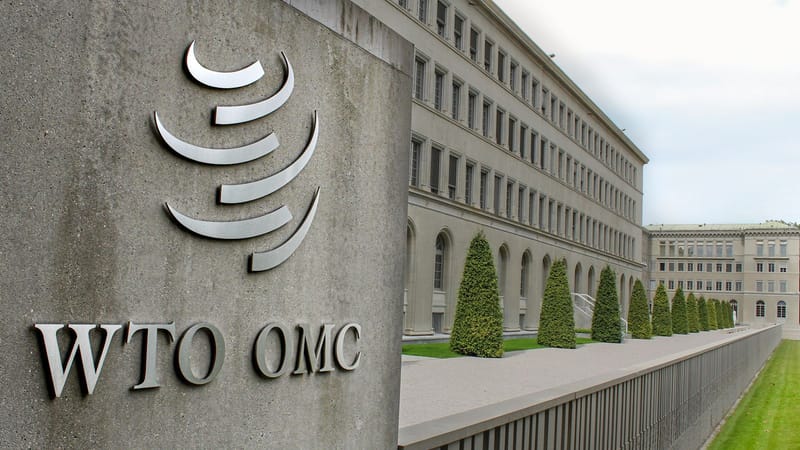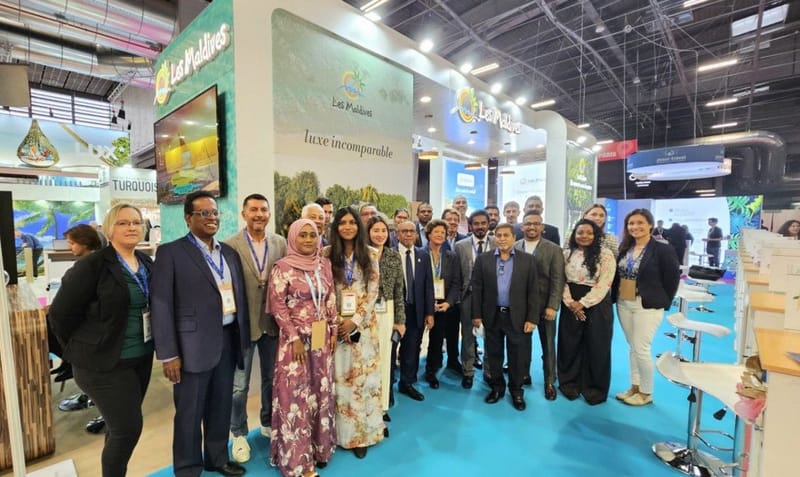Indonesia's Nickel Export Ban: A Bold Move Towards Economic Independence and Global Industry Impact
In a strategic maneuver, Indonesia, the world's largest producer of nickel, has implemented a ban on the export of raw nickel ore.
In a strategic maneuver, Indonesia, the world's largest producer of nickel, has implemented a ban on the export of raw nickel ore, sending shock waves through global markets and industries dependent on this vital resource. According to the United States Geological Survey, global nickel production reached 3.3 million metric tons in 2022, with Indonesia contributing 1.6 million metric tons, nearly half of the world's total production. This decision marks a significant shift in Indonesia's approach to its natural resources, aiming to enhance domestic economic benefits and challenge the dynamics of global trade.
The Importance of Nickel
Nickel is a critical component in numerous industries, from the production of stainless steel to the manufacturing of electric vehicle (EV) batteries. The booming automotive industry in Europe, particularly its transition towards electric vehicles, heavily relies on a steady supply of nickel. Any disruption in this supply chain could severely impact production, potentially leading to a slowdown in the EV market and causing economic ripples across Europe.
Economic Impact and Domestic Value Creation
President Joko Widodo's primary goal with the nickel export ban is to create domestic value. The results on paper are striking: almost $14 billion has been invested in nickel smelter capacity in Indonesia. Provinces like Maluku Utara and Sulawesi Tengah experienced double-digit growth rates in 2021, driven primarily by investment in the nickel industry. The ban has also resulted in a 30-fold increase in the value of Indonesia’s nickel-related exports.
Calculating domestic value added is complex, as comparing nickel ore export values to their derivatives can be misleading. Downstream products embody additional costs, such as energy needed for production. Despite these complexities, the increase in investment and economic growth in nickel-producing regions indicates significant domestic value creation.
For US and Europe and from a de-risking perspective, our nickel export ban was actually a good thing. Prior to the ban, our nickel was almost exclusively exported to China. Ultimately, it forced China to offshore its nickel processing capacity to Indonesia. pic.twitter.com/UIpGqXZqMX
— Faris Abdurrachman (@farisrachman_1) June 22, 2023
Challenges and Environmental Concerns
The ban has led to an increase in the international price of nickel and its derivatives. Investors in Indonesian smelters benefit from cheaper domestic nickel ore prices and higher export values for nickel metal. Government subsidies, such as tax holidays and cheap energy, further support smelters. However, this support skews investment towards stainless steel production, which is more suitable for the type of nickel mined in Indonesia, rather than EV batteries.
The government has introduced measures to curb the growth of stainless steel production and encourage the development of smelters for battery production. Processing nickel for EV batteries has a significant environmental footprint, posing challenges for accessing Western markets, which have stringent environmental standards.
Global Trade Dynamics and Market Access
The ban has strained trade relations, particularly with the European Union, which filed a lawsuit against Indonesia with the World Trade Organization (WTO) and won, with support from the United States. This legal action underscores the challenges Indonesia faces in accessing Western markets for its nickel-based products. Conversely, China presents a more cooperative potential market, though its highest-selling EVs use nickel-free batteries, driven by global nickel scarcity.
Domestic EV Industry and Policy Considerations
Indonesia aims to become a major producer of electric vehicles, but this ambition faces several hurdles. The government is considering reducing its EV import tax to boost domestic adoption, potentially conflicting with its goal of building a domestic EV industry. Competing with imported EVs might reduce the market share for locally produced vehicles and discourage investment.
Acknowledging these challenges, the government might focus on manufacturing electric scooters, which are more affordable and easier to produce, to build a foundation for expanding into larger EVs.
Future Prospects and Policy Implications
Indonesia's nickel export ban represents a bold step towards economic empowerment and challenges entrenched dynamics of modern colonialism. However, the path to building a robust EV industry requires more than just an export ban. The government needs to address supply chain predictability, law enforcement, market access, human resources, and technology to improve the business environment.
For the next Indonesian president, downstreaming will be increasingly complex. Government funding constraints, global uncertainty, and high-interest rates pose additional challenges. As renewable industries evolve, Indonesia must adapt to ensure sustainable growth and prosperity.
In conclusion, Indonesia's nickel export ban marks a significant shift in the nation's economic strategy. While it presents challenges, it also offers opportunities for greater economic sovereignty and industrial development. By navigating these complexities and fostering a conducive business environment, Indonesia can turn this policy into one of President Jokowi's most significant achievements.







